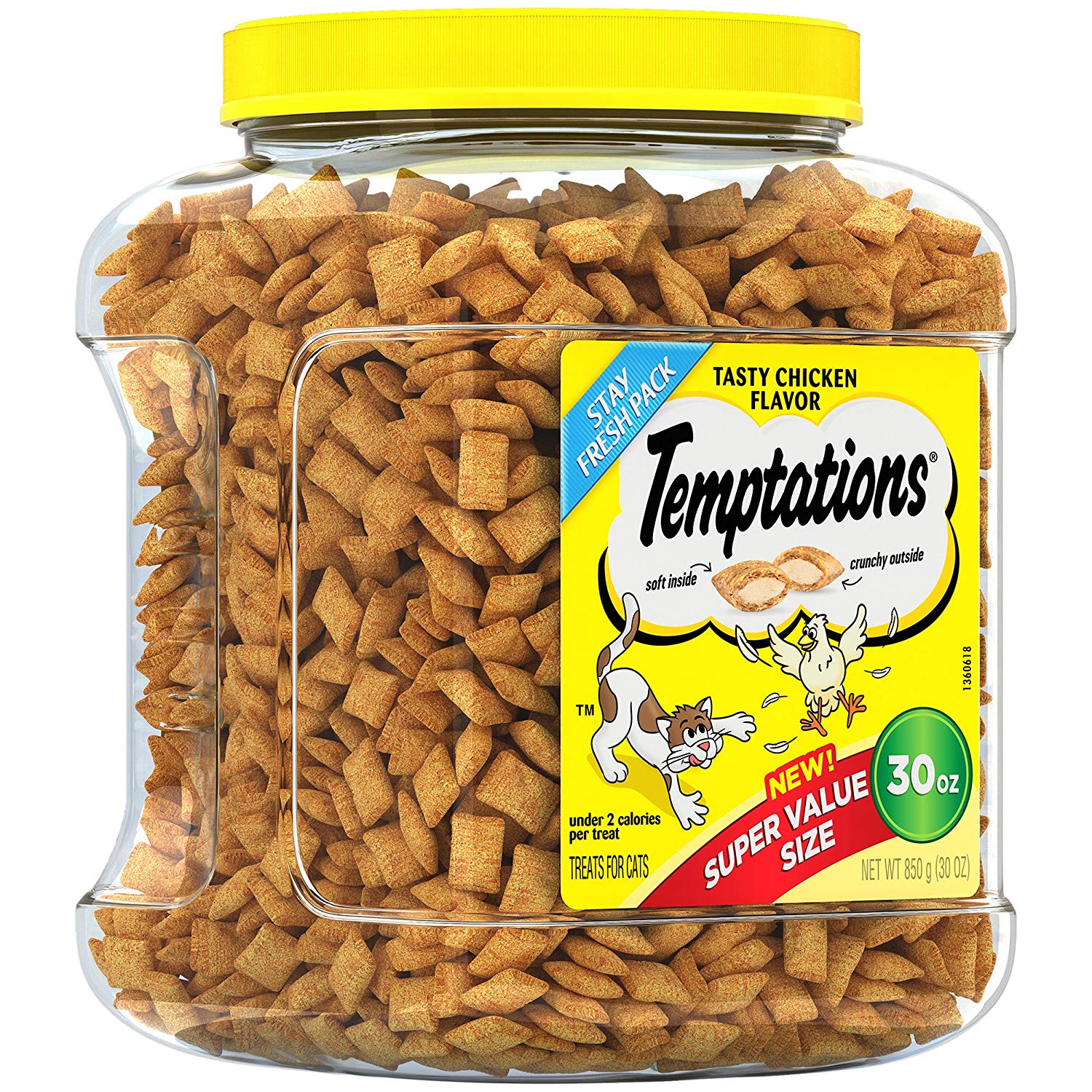
Image Source www.petsgal.com
The Curiosity Behind Cats and Saltine Crackers
When it comes to feeding our beloved feline friends, we often find ourselves questioning what foods are safe and what should be avoided. Saltine crackers, being a staple in many households, can be a tempting treat to share with our furry companions. But can cats have saltine crackers? In this article, we delve into the realm of feline nutrition to determine whether these crispy, salty snacks are suitable for our furry friends.
Understanding a Cat’s Dietary Needs
Cats are obligate carnivores, which means their bodies are specifically designed to thrive on a diet primarily consisting of animal protein. Their natural diet in the wild mainly consists of small rodents and birds, providing them with the essential nutrients required for their overall well-being. Unlike humans or even some other animals, cats lack certain enzymes necessary to properly digest carbohydrates, making their dietary requirements unique.
While cats have a more limited tolerance for carbohydrates, it doesn’t mean they cannot consume them at all. However, it’s essential to understand that their bodies don’t rely on carbohydrates as a primary energy source. Instead, cats obtain most of their energy from proteins and fats. So when it comes to offering them the occasional treat or human food, it’s crucial to prioritize their nutritional needs.
Potential Risks of Feeding Saltine Crackers to Cats
When it comes to saltine crackers, while they may seem harmless, they can pose potential risks to our feline companions. Here are some factors to consider:
- High Sodium Content: Saltine crackers are often high in sodium, which can be detrimental to a cat’s health. Cats have a lower tolerance for salt compared to humans, and excessive sodium intake can lead to various health issues, including heart problems and high blood pressure.
- Possible Flavor Enhancements: Saltine crackers can sometimes contain seasonings like garlic or onion powder, which can be toxic to cats. These ingredients can cause anemia and damage red blood cells, resulting in severe health complications.
- Carbohydrate Overload: While cats can tolerate small amounts of carbohydrates, excessive consumption can lead to weight gain and other issues like diabetes. Saltine crackers are primarily made up of carbohydrates, and overindulgence can throw off a cat’s balanced diet.
Alternative Treats for Cats – Health and Safety First!

Image Source www.thelastbyte.com
When It Comes to Treats, Choose Wisely
While it’s important to avoid feeding saltine crackers to cats, there are various safe and healthy alternatives to consider. When choosing treats for your feline companion, ensure they align with their dietary needs. Here are some ideas:
- Commercial Cat Treats: Opt for specially formulated cat treats available in pet stores. These treats are designed to meet a cat’s nutritional requirements and often come in a range of flavors and textures to suit their preferences.
- Simple Home Treats: Offer your cat small pieces of cooked meat or fish as a treat. Make sure to avoid seasonings or excessive oils. Plain boiled chicken or salmon are often popular choices.
- Feline-Friendly Fruits and Vegetables: While cats may not naturally be inclined towards fruits and vegetables, some can be safe and enjoyable in moderation. Examples include small pieces of cooked sweet potatoes or steamed green beans.
Remember, treats should only constitute a small portion of a cat’s overall diet. Always consult with your veterinarian before introducing any new food into your cat’s routine.
The Importance of Providing a Balanced Diet
A well-balanced diet is essential for a cat’s overall health and longevity. Cats require a combination of proteins, fats, vitamins, and minerals, all of which can be found in high-quality commercial cat foods. These foods are specially formulated to meet the specific nutritional needs of cats at different stages of life.
/close-up-of-ginger-cat-eating-food-at-home-678832765-59fcd09c0d327a0036950d78.jpg)
Image Source www.thespruce.com
Avoid substituting your cat’s regular diet with treats or human food. While the occasional treat is fine, it should not replace the main source of nutrition. Providing a consistent and balanced diet ensures that your cat receives all the necessary nutrients for optimal health and well-being.
Focusing on Health, Not Restriction
As caring cat owners, it’s important to pay attention to our feline friends’ nutritional needs. While saltine crackers may be tempting to share, it’s best to avoid offering them to cats due to the potential risks they pose. Instead, focus on providing a balanced diet and opt for safe and healthy treat alternatives. By doing so, you can ensure the utmost health and happiness for your furry companion.